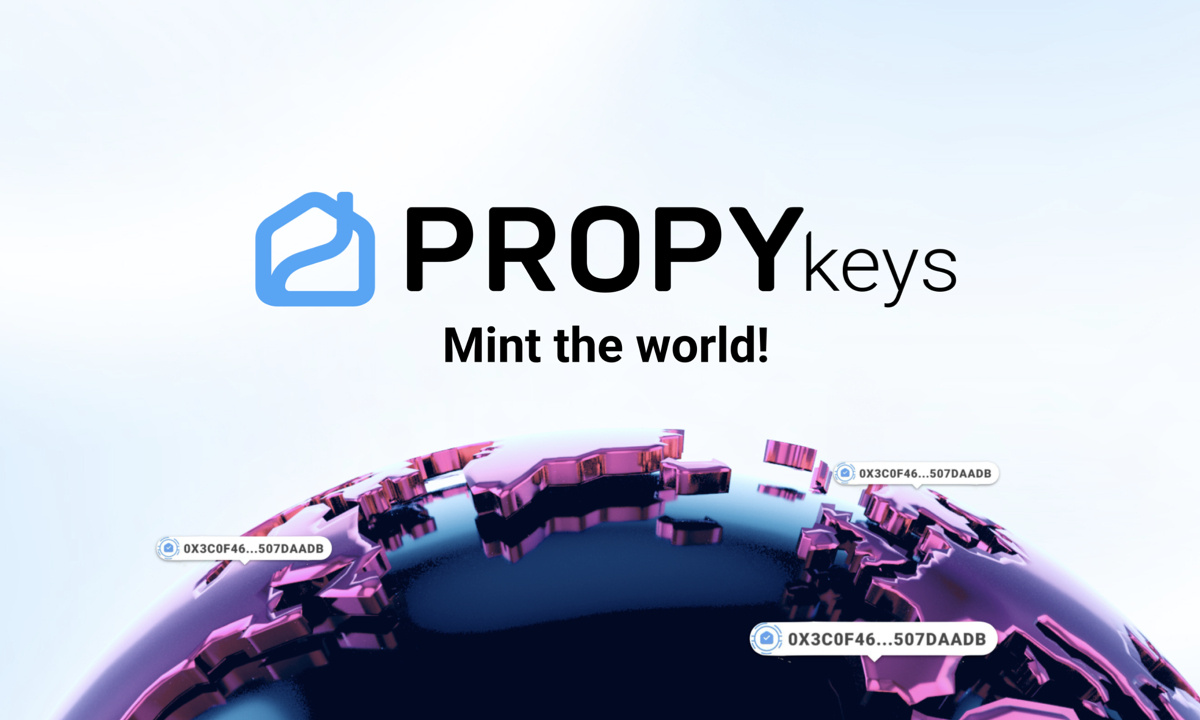Published
5 years ago on
July 05, 2018
“FREER is a major new initiative from the IEA promoting a freer economy and a freer society. FREER will be housed within the Institute of Economic Affairs (IEA). Whilst FREER will have its own advisory board, brand, and image, it will be financed, run and operated by the IEA. However, this does not imply endorsement of FREER’s statements by the IEA, or endorsement of IEA statements by FREER.” (p.33)You can see the full report for yourself, here- https://www.freeruk.com/uploads/2018/07/Freer_Unlocking-Blockchain_approval.pdfWithin this report, Hughes explores the ideas behind blockchain technology, including distributed ledger technologies (DLTs) and other associated technologies. He believes, in line with the ethos of FREER, that the blockchain can be used to promote a socially and economically free society. In turn, this could save the UK government billions of pounds. Some of the effects that Hughes believes the blockchain could have on the UK include:A restoration in societies trust of government institutions. Cost saving for the retail industry.A chance for investment banks to reduce their costs.A chance for banks to improve cross border payments.Environmental benefits,The deployment of further blockchain research. Digital signatures. Food supply chain transparency.Data ownership. The report refers to how Estonia are working on a similar project, named X-Road, that aims to improve the way government services are linked together. According to the report:
“It is claimed that, thanks to this substantial technological infrastructure, the ‘only three things’ that cannot now be done online in Estonia are purchasing property, getting married, and getting divorced.” (p.12)With all of this in mind, what is it then that Hughes believes the UK need to do?Well, according to the report once more:
“Within an appropriate system, a concerted embrace of blockchain and associated technologies—including technologies that are still in the early stages of evolution—could lead to significant savings for the UK Exchequer. Such savings could offer a substantial ‘digital dividend’ to pass back to taxpayers or reinvest in services. Government departments should aim to be ahead of the game on these technologies, and premise their take-up on empowering citizens and improving efficiency. Within government, the main direct savings from embracing blockchain would come through reduced transaction and procurement costs.”Finally:
“Calculating potential government savings is difficult at the departmental level, and almost impossible at the overall level. However, a greater focus on such technologies—not only blockchain, but also other associated innovations—would clearly prove transformative. For context, however, total managed expenditure for 2017-18 is anticipated to be around £802bn,42 therefore, a 1 percent saving would be £8bn. A renewed focus on efficiency and the opportunities of new technology would be inspirational in a wider sense, too.” (p21-23).Above all, Hughes is clearly very passionate about this. Hopefully we see FREER take this technology by the horns and present a solid case to the UK government. Well all know how beneficial a blockchain adoption would be for the UK, Hughes clearly does too, now its just up to the rest of Parliament to take the time to learn some more about this. Investment Disclaimer






